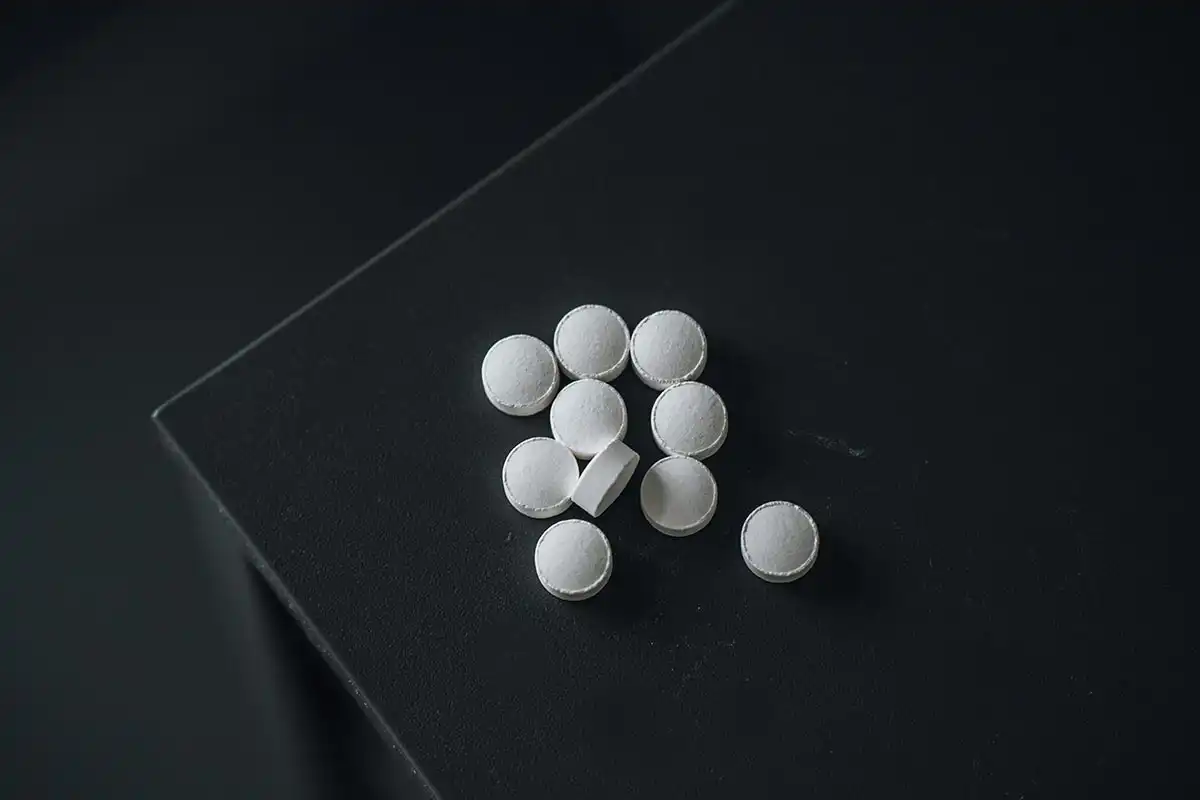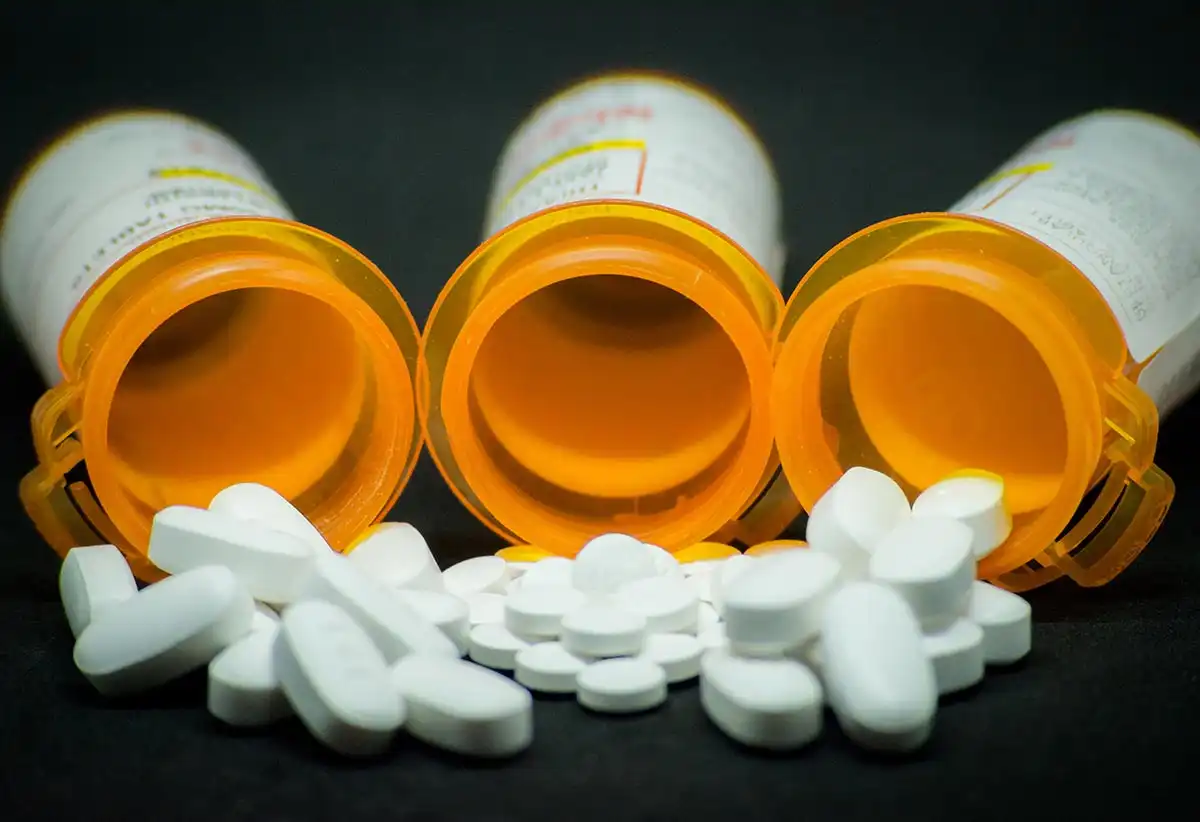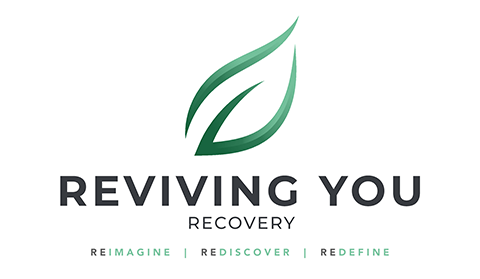
Nutrition
We take great pride in our team of compassionate professionals and the culture of healing and renewal we build.

How nutrition aids in recovery
A malnourished body is unable to support recovery efforts long-term. Proper nutrition is essential during and following initial treatment. Our team creates a comprehensive nutritional plan consisting of a well balanced diet and portioned meals that gradually reintroduce certain foods to the body.
Learning how specific foods affect recovery
Some benefits of good nutrition choices are improving blood pressure, increasing immunity, and keeping skin and hair healthy. Healthy fats are vital for blood clotting, hormone production, muscle function, and much more. Consumption of water affects nearly every body function. Learning how specific foods affect recovery is something you can start even before you enter treatment.
Eating whole foods containing the amino acid tyrosine will help boost dopamine levels. This list of food types includes whole grains, cheese, bananas, and lean beef. Tyrosine can help counter intense substance cravings early in your treatment program.
Sugar consumption can be a problem during treatment and increase anxiety and depression. Lowering sugar cravings can come from eating whole foods that are rich in L-glutamine. These foods include dark, leafy greens such as spinach and kale as well as beets, carrots, and beans. Lower sugar intake can help reduce inflammation during addiction treatment.
How substance abuse affects appetite
Substance abuse can have many long-term effects on health and nutrition. Substances vary in their effects, but many of them disrupt physiological functioning and impair the body’s ability to receive proper nourishment.

Failing to eat
Users may have a suppressed appetite or forget to eat while under the influence.

Eating poorly
Those who are addicted to drugs or alcohol tend to prioritize their substance abuse over eating properly. As a result, their diets can be poor and lack sustenance.

Malnourishment
Malnourishment can result from failing to eat consistently over time or from the body’s inability to absorb nutrients necessary for biological processes.

Overeating
Eating too much can lead to obesity and a number of health conditions associated with excess body fat.

Organ damage
Substance abuse can damage the liver, stomach lining, pancreas, and intestines, all of which contribute to the proper absorption, digestion, and storage of nutrients.

Immune system damage
Substances such as alcohol and opiates can suppress the immune system and make the user more susceptible to infections and illnesses.

Gastrointestinal disorders
Alcohol can contribute to chronic gastrointestinal tract inflammation, irritable bowel syndrome, leaky gut syndrome, pathogenic bacterial overgrowth, fungal intestinal infections, and acid reflux.

Hypoglycemia
Low blood sugar can be caused by a lack of sustenance or proper diet.
Substance abuse & malnutrition
When people stop using, their appetites can change, which can shock the digestive system. Our team creates a comprehensive nutritional plan consisting of a well balanced diet and portioned meals that gradually reintroduce food to the user’s body.

Alcohol abuse
Those who abuse alcohol often have poor diets and often don’t make proper nutrition a priority. Alcohol abuse interferes with the breakdown and absorption of nutrients due to damage of the stomach lining and digestive enzyme deficiencies. Chronic alcohol abuse can significantly harm the pancreas and the liver. The pancreas produces enzymes and pro-enzymes for the digestion of lipids, proteins, carbohydrates, and hormones that delicately balance blood sugar levels, while the liver metabolizes toxins, such as alcohol and drugs. Damage to these two vital organs can lead to an imbalance of electrolytes, protein, calories, and fluids.
Persistent alcohol abuse can cause severe nutritional and vitamin deficiencies. The most common include folic acid, vitamin B6, thiamine or vitamin B1. These vitamin deficiencies can cause anemia and neurological issues.
Anemia can lead to frequently feeling cold, fatigue, and dizziness, as well as experiencing headaches and shortness of breath. A serious complication caused by a lack of thiamine or B1, is Wernicke-Korsakoff Syndrome, which can lead to severe learning and memory problems.

Opioids / opiates
Withdrawal from opioids such as heroin, codeine, morphine, oxycontin, percocet, and vicodin can include symptoms such as vomiting and diarrhea, which can deplete the body of nutrients. This depletion of nutrients can cause electrolyte imbalances, and lead to dehydration. Although it can be difficult to eat during withdrawal, balanced meals that include complex carbohydrates can reduce the intensity of the symptoms.

Stimulants
Stimulants such as amphetamines and cocaine, cause increased energy, euphoria, and decreased appetite in users. Satiety centers within the brain are influenced by the activity of stimulant drugs. Through mechanisms not altogether well understood, their presence in the brain can send signals that turn down our drive to eat. Stimulant users will often stay up for days at a time and repeatedly use the drug. These binges may lead to dehydration and electrolyte imbalances due to a significant decrease in appetite and inattention to nutrition. Long-term use can lead to severe weight loss and malnutrition.
Malnutrition risks
Substance use disorders and poor eating habits often go hand in hand. Unfortunately, this combination will often result in malnutrition, which can produce the several effects.
- Suppressed immune system
- Muscle wasting
- Inadequate respiratory muscle strength for forceful coughing, increasing the risk of pulmonary infection and lengthened recovery duration
- Impaired healing of wounds
- Cardiac rhythm disturbances
- Low body temperature
- Psychological and cognitive issues (depression, low self-esteem, apathy, confusion, and a lack of sex drive)
Your future starts here
Redimagine. Rediscover. Redefine.
Embrace the strength and resilience within you, and trust that by taking the first step to help yourself, you are not only opening the door to a brighter, healthier future but also unlocking your true potential.

Hope and love live here. I have failed at every detox before this because of the lack of general care and information (or lack thereof), and instead, I was shown a new perspective here, and I am forever grateful to be recovering ME again. Thank you for giving me another shot at life and love when I didn’t think I had one left.
— PM






